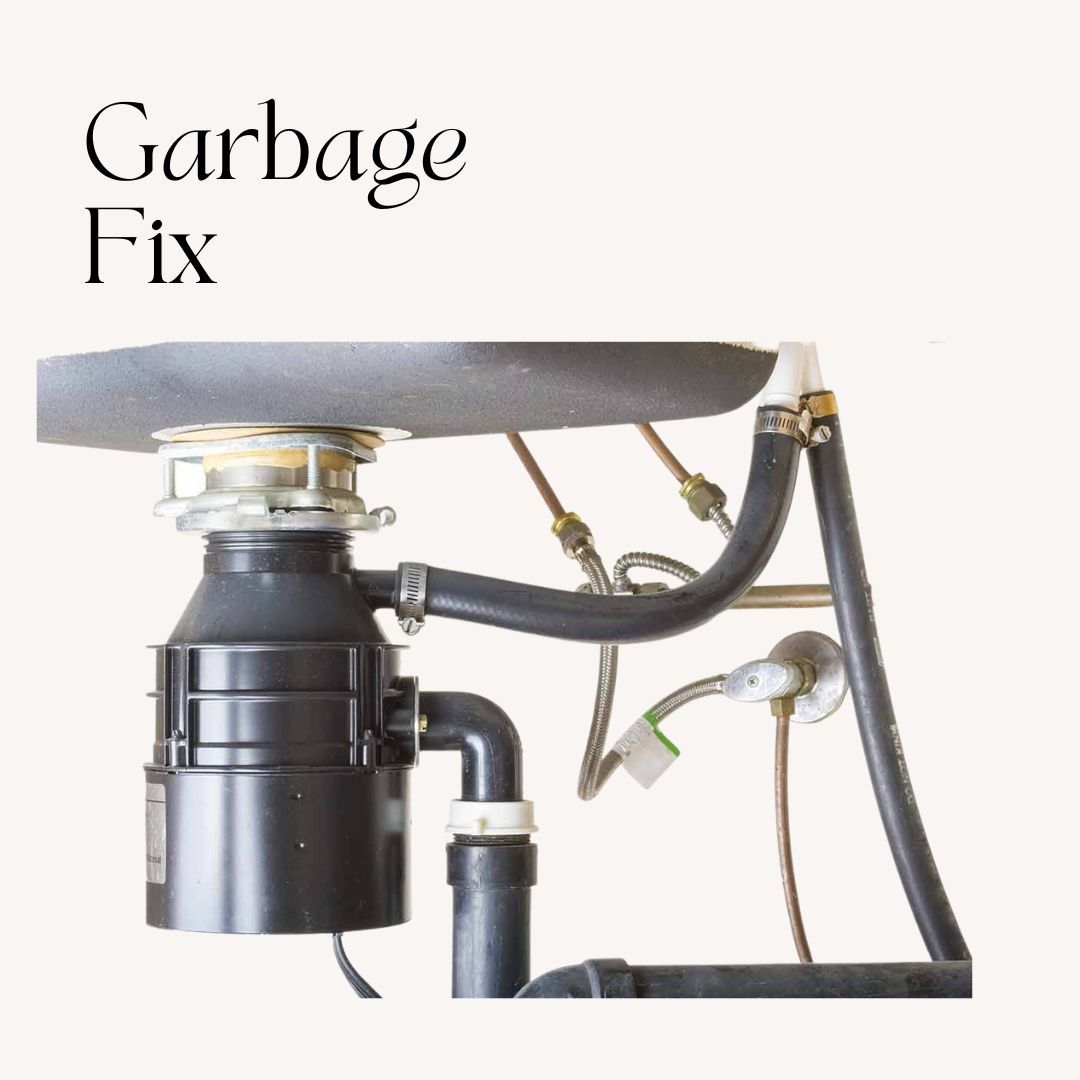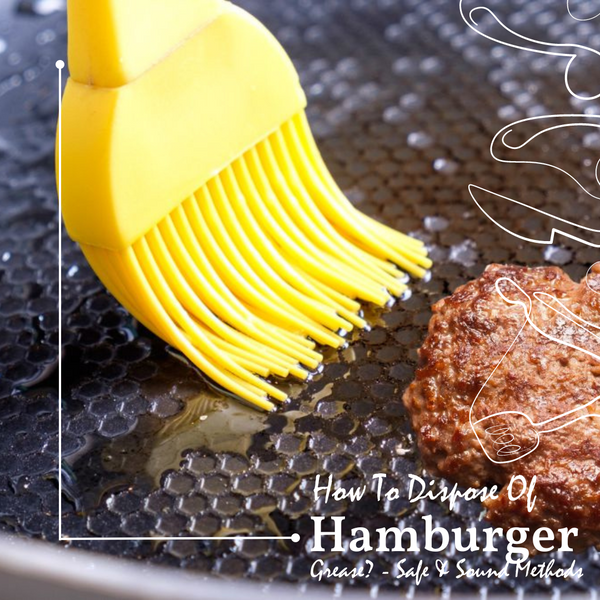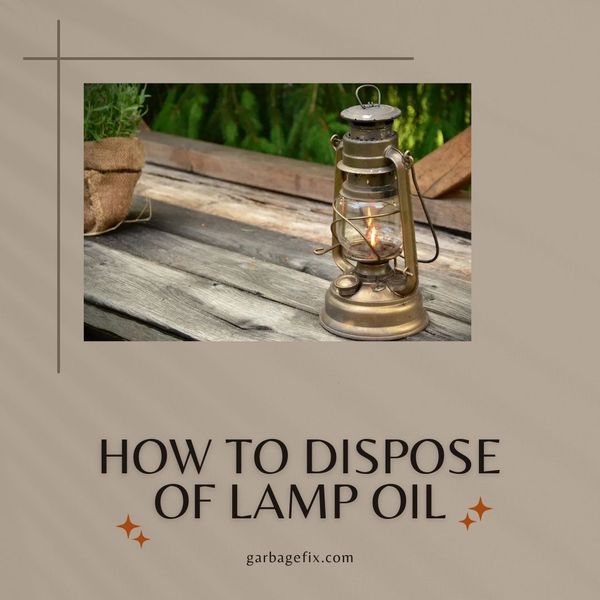The short answer to this question is yes; you need a garbage disposal in your kitchen if you want to save money on plumbing bills and avoid clogs in your pipes. Here's why:
Garbage disposals reduce food scraps going into landfills. According to the Environmental Protection Agency (EPA), Americans throw away nearly 50 million tons of food yearly. That's about 25 percent of all food produced for human consumption! Garbage disposals make it easy to get rid of these scraps instead of tossing them out with regular trash or composting them at home.
This blog post will explore the pros and cons to help you decide. We'll cover the benefits, such as convenience, waste reduction, and odor prevention, as well as the drawbacks, including installation costs and environmental concerns. You can determine whether garbage disposal is essential for your kitchen by considering alternatives and personal considerations. Let's dive in and unravel the truth behind the necessity of garbage disposal.
Understanding Garbage Disposals
A garbage disposal is a plumbing device that grinds food waste into tiny particles to be flushed down the drain with water. This process prevents organic materials from decomposing in sewers, which can cause clogs and other problems.
How do Garbage Disposals Work?
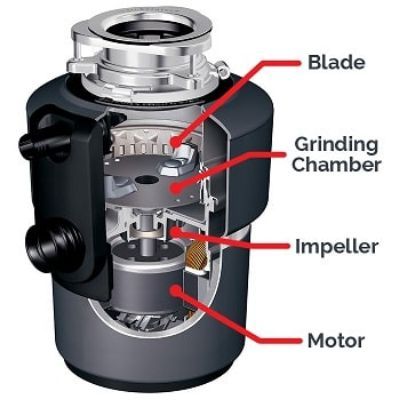
Garbage disposals are installed beneath the kitchen sink and are connected to the drainpipe. They consist of a motorized unit with sharp rotating blades or impellers. When activated, the blades shred and grind food waste into small particles. Water from the sink helps flush the particles through the drain, eventually reaching the sewer system or septic tank.
Types of Garbage Disposals
There are two main types of garbage disposals available in the market:
Continuous Feed Disposals
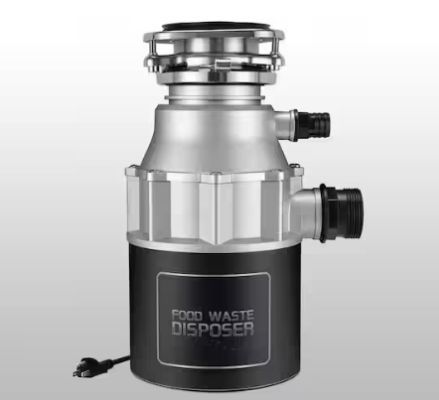
Continuous feed disposals are the most common type. They operate by turning on the disposal and adding food waste while the unit runs. These disposals offer convenience and allow for the continuous disposal of waste.
Batch Feed Disposals
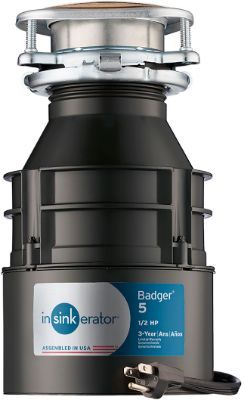
Batch feed disposals require a specific process to activate. They come with a stopper or lid that must be placed over the drain opening before the disposal can start. This type of disposal offers an added safety feature as it prevents accidental activation while providing a more controlled disposal method.
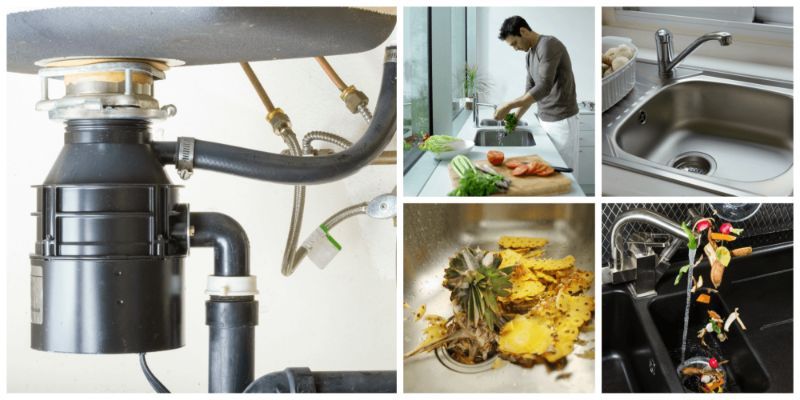
Pros And Cons Of Having A Garbage Disposal
Considerations for Homeowners About Having A Garbage Disposal
By carefully considering the factors below, you can decide whether garbage disposal is your home's best waste management solution. Remember to weigh the convenience, plumbing compatibility, and environmental considerations to choose the best option that suits your needs and values.
Evaluation of Personal Lifestyle and Cooking Habits
Assess your lifestyle and cooking habits before deciding on garbage disposal. Consider factors such as the frequency of food waste generation, types of food scraps typically produced, and the convenience of using alternative waste disposal methods. If you frequently cook at home and generate a substantial amount of food waste, a garbage disposal may offer greater convenience.
Assessing the Plumbing System's Capacity and Condition
It's crucial to evaluate your plumbing system's capacity and condition to ensure it can handle the additional load from a garbage disposal. Older plumbing systems or those with existing issues may be more prone to clogs or damage. Consult a plumber to assess the compatibility of your plumbing system with the garbage disposal and address any necessary upgrades or repairs.
Considering Alternative Waste Disposal Methods
While a garbage disposal is a popular choice, exploring alternative waste disposal methods that align with your preferences and environmental values is essential. Composting is an eco-friendly option that allows you to convert food waste into nutrient-rich soil. Other alternatives include separating food waste into designated bins for municipal composting or utilizing specialized composting facilities. Sink strainers and drain catchers can also help prevent food waste from entering the drain.
The Size of the Unit
Garbage disposals come in different sizes to accommodate different types of households. If you have a big family or tend to cook big meals, get a large garbage disposal. Smaller units are more suited for smaller families or those who don't cook much. A larger unit has more horsepower and can pulverize more waste at once than smaller ones do.
How Much Power Does it Use?
You'll want to know how much energy your new disposal uses to determine if it's worth it for your home's electrical usage. Most disposals use between 1/3 and 1 horsepower (HP). The higher-HP models are more powerful but also cost more money upfront than less powerful models do, so they may not be worth the extra cost if you don't need them.
What Kind of Plumbing will New Disposal Have?
Garbage disposals come in two main categories: continuous feed and batch feed. Continuous feed models require plumbing connections on both sides of the sink flange, whereas batch feed models only require one connection — usually under the sink near where the water supply enters the house.
Alternatives to Garbage Disposals
Composting as an Eco-Friendly Option
Composting is a sustainable and eco-friendly alternative to garbage disposals. It involves collecting food waste and other organic materials, such as fruit and vegetable peels, coffee grounds, and eggshells, and allowing them to decompose naturally. The resulting compost can enrich the soil in gardens or potted plants, reducing the need for chemical fertilizers.
Separate Disposal of Food Waste into Designated Bins or Composting Facilities
Many municipalities offer separate bins or composting facilities specifically for food waste. This option involves collecting food scraps in a separate container, which is then either picked up by waste management services or dropped off at designated composting facilities. This method allows for proper waste management and diverts food waste from landfills, reducing greenhouse gas emissions.
Utilizing Sink Strainers and Drain Catchers
Sink strainers and drain catchers are simple devices that fit over the drain opening in your sink. They effectively trap food particles, preventing them from entering the plumbing system. Using these devices, you can collect food waste and dispose of it appropriately, such as adding it to compost or discarding it in the regular trash.
These alternatives provide environmentally conscious ways to manage food waste without relying on garbage disposal. Consider your preferences, available resources, and the environmental impact when choosing the most suitable option for your home. Each alternative offers benefits and considerations, allowing you to make a conscious choice that aligns with your sustainability goals.
Comparing Garbage Disposal and Alternative Waste Disposal Methods
Conclusion
Garbagefix strongly suggests that you invest in a residential garbage disposal system. Common kitchen trash, such as uneaten food, may be disposed of by shredding it into little bits that can easily pass through pipes.
The greatest aspect is that installing one is both simple and inexpensive. Because they are practical, garbage disposals are common in houses.
It allows dishes to be cleaned straight into the sink rather than the trash in different situations. The kitchen sink drain is often connected to the trash disposal in contemporary residences.


